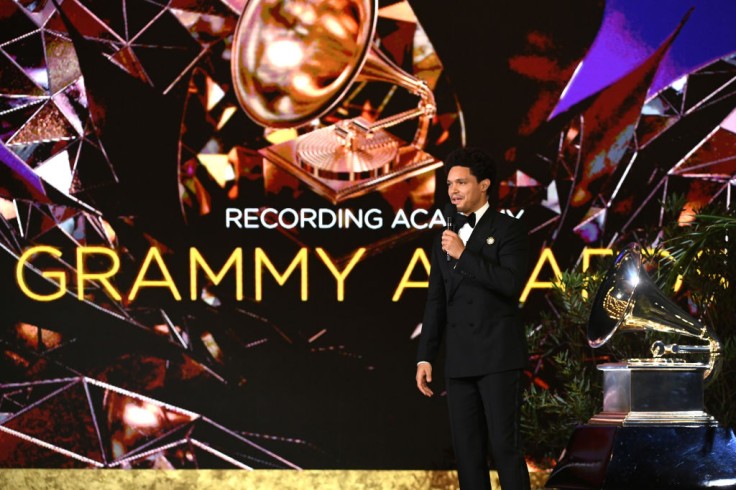
The Recording Academy revealed numerous new categories and rule changes for the Grammy Awards.
A new category is the Songwriter of the Year (Non-Classical), which will honor "non-performing and non-producing songwriters" at the 65th Annual Grammy Awards 2023. Other new categories are the Best Alternative Music Performance, Best Americana Performance, Best Score Soundtrack for Video Games and Other Interactive Media, and Best Spoken Word Poetry Album.
The Songwriter of the Year category seems formed out of the need to recognize someone. Such is the case of Diane Warren, who has penned scores of successes for different singers over the course of nearly four decades. Still, she did not quite get the recognition she deserved because of the absence of this category.
It is tempting to speculate how many times she would have won or been nominated if the category had always existed.
To be able to have a chance at this category, songwriters may submit up to nine songs as representative samples of their work. These are the same amount of submissions permitted in the non-classical category for producer of the year.
Even if released as a single or added to a new album released during the current eligibility year, songs from albums released in a previous year do not count against a songwriter's total number of releases. Songs that have been re-released, covered, remixed, re-issued, or re-mixed are ineligible as well.
The contenders for songwriter of the year will be chosen by a "nominating committee that acts similarly to a craft committee."
In addition, a new "Special Merit" award will be introduced: Best Song for Social Change. This award is set to recognize songs with "lyrical substance that confronts a relevant social issue and encourages understanding, peacebuilding, and empathy," according to the Recording Academy.
There's no stated reason as to why the Academy chose to make this a special merit award rather than a regular, competitive Grammy category. However, it is safe to assume that the Academy may want to control who can win, instead of leaving this decision to the voters alone.
In addition, a number of entry eligibility regulations have been modified. Artists will receive five complimentary submissions to the Grammys each year, after which they will be charged a submission fee.
Albums eligible for an award must now consist of seventy-five percent original material published within the prior five years, up from the previous requirement of fifty percent.
In addition, the Recording Academy renamed the Best Spoken Word Album category to Best Audio Book, Narration, and Storytelling Recording and added new categories (spoken word poetry will be excluded now that the medium has its own unique category.) The Best New Age album category has been renamed Best New Age, Ambient, or Chant Album.
"We're so excited to honor these diverse communities of music creators through the newly established awards and amendments, and to continue cultivating an environment that inspires change, progress and collaboration," The Recording Academy's CEO Harvey Mason Jr. stated.
He added that "the Academy's top priority is to effectively represent the music people that we serve, and each year, that entails listening to our members and ensuring our rules and guidelines reflect our ever-evolving industry."
© 2025 MusicTimes.com All rights reserved. Do not reproduce without permission.







